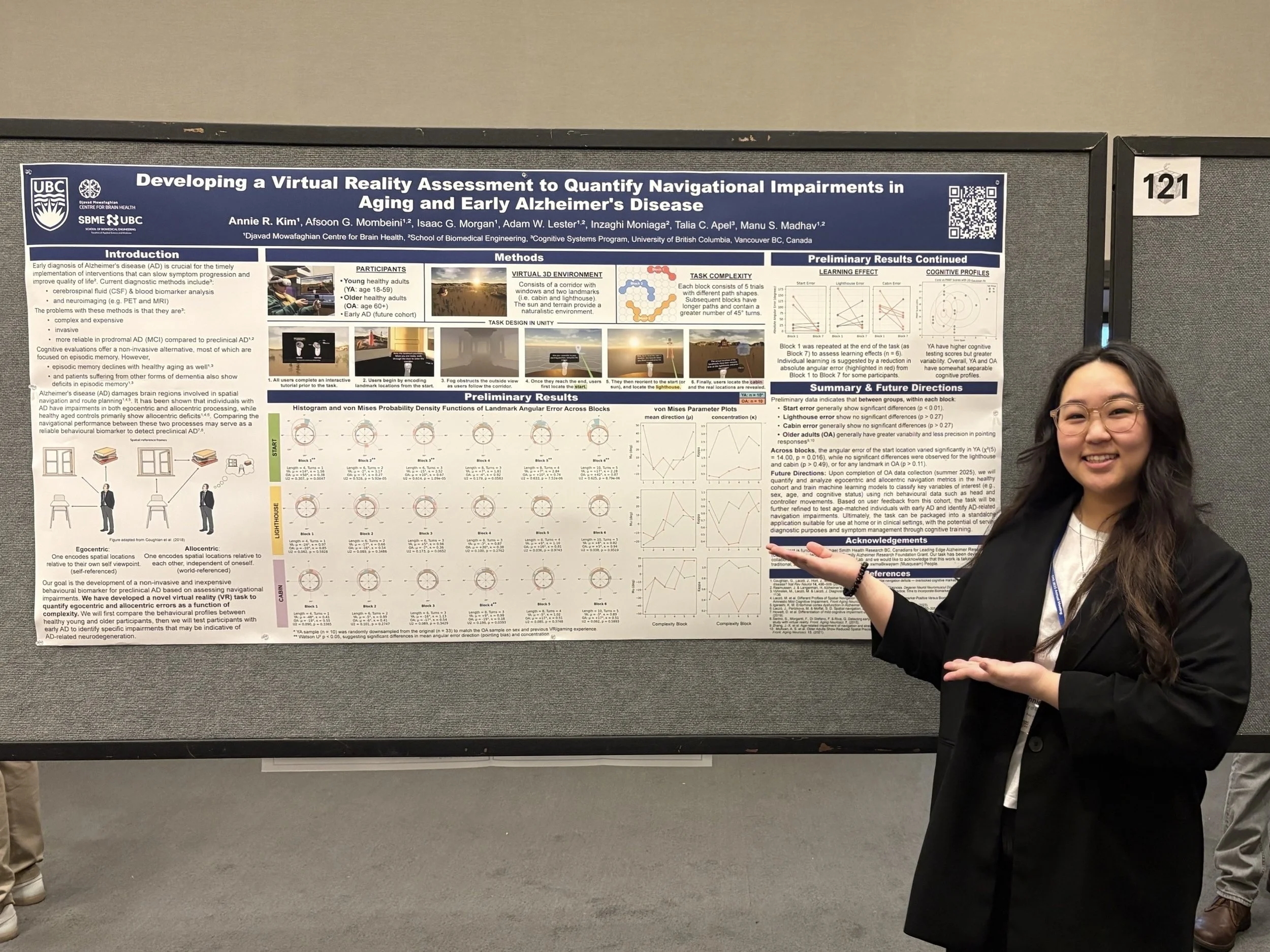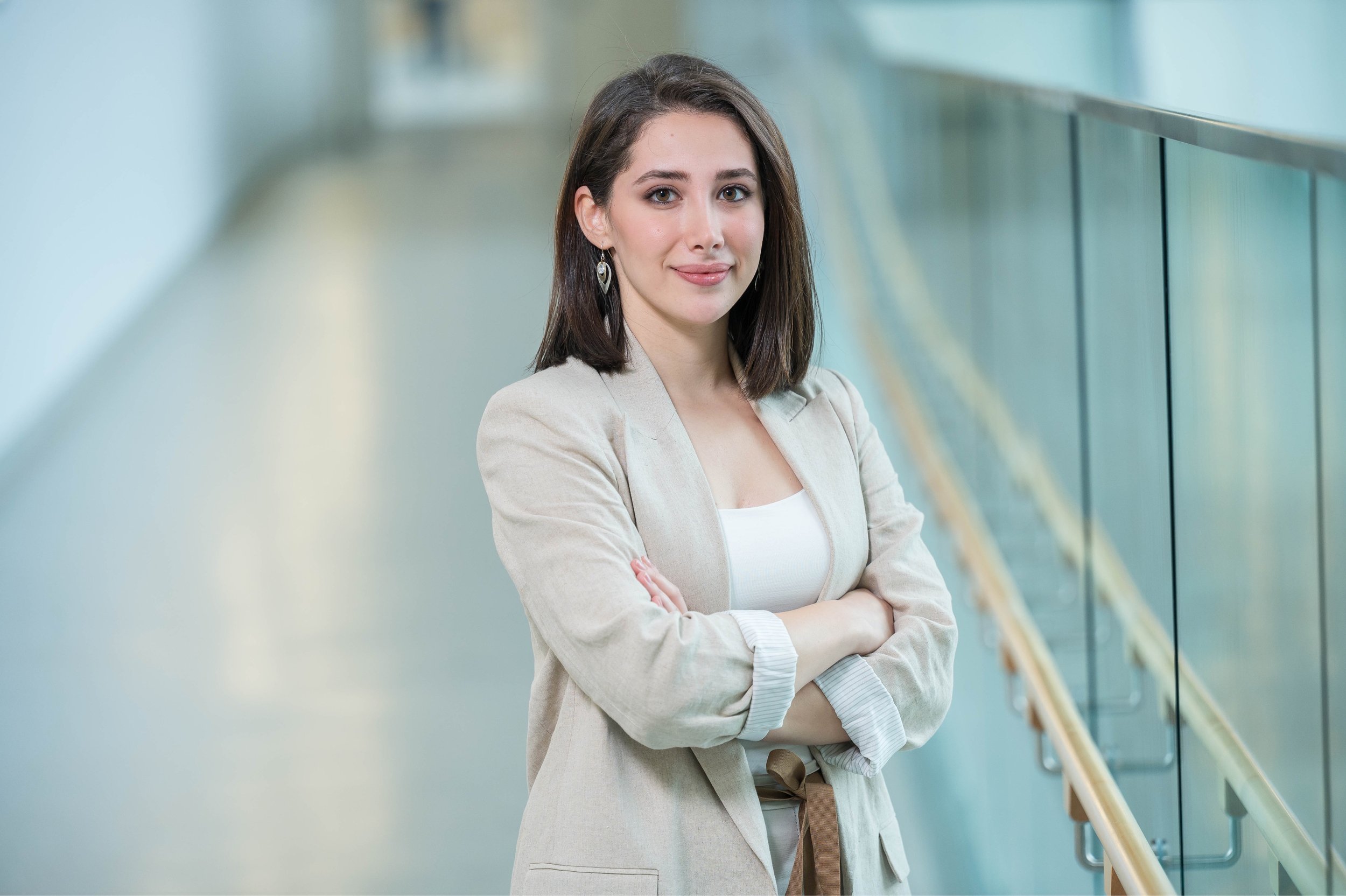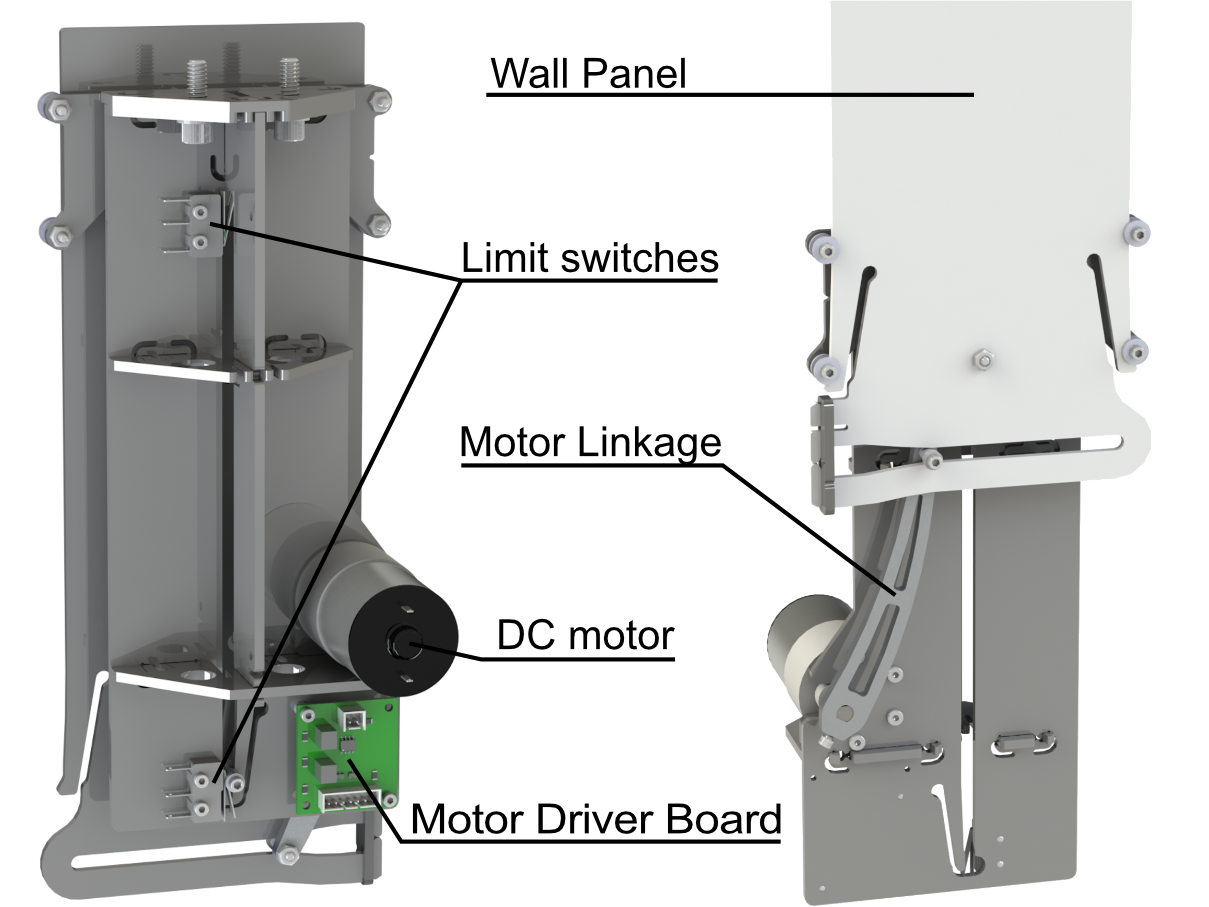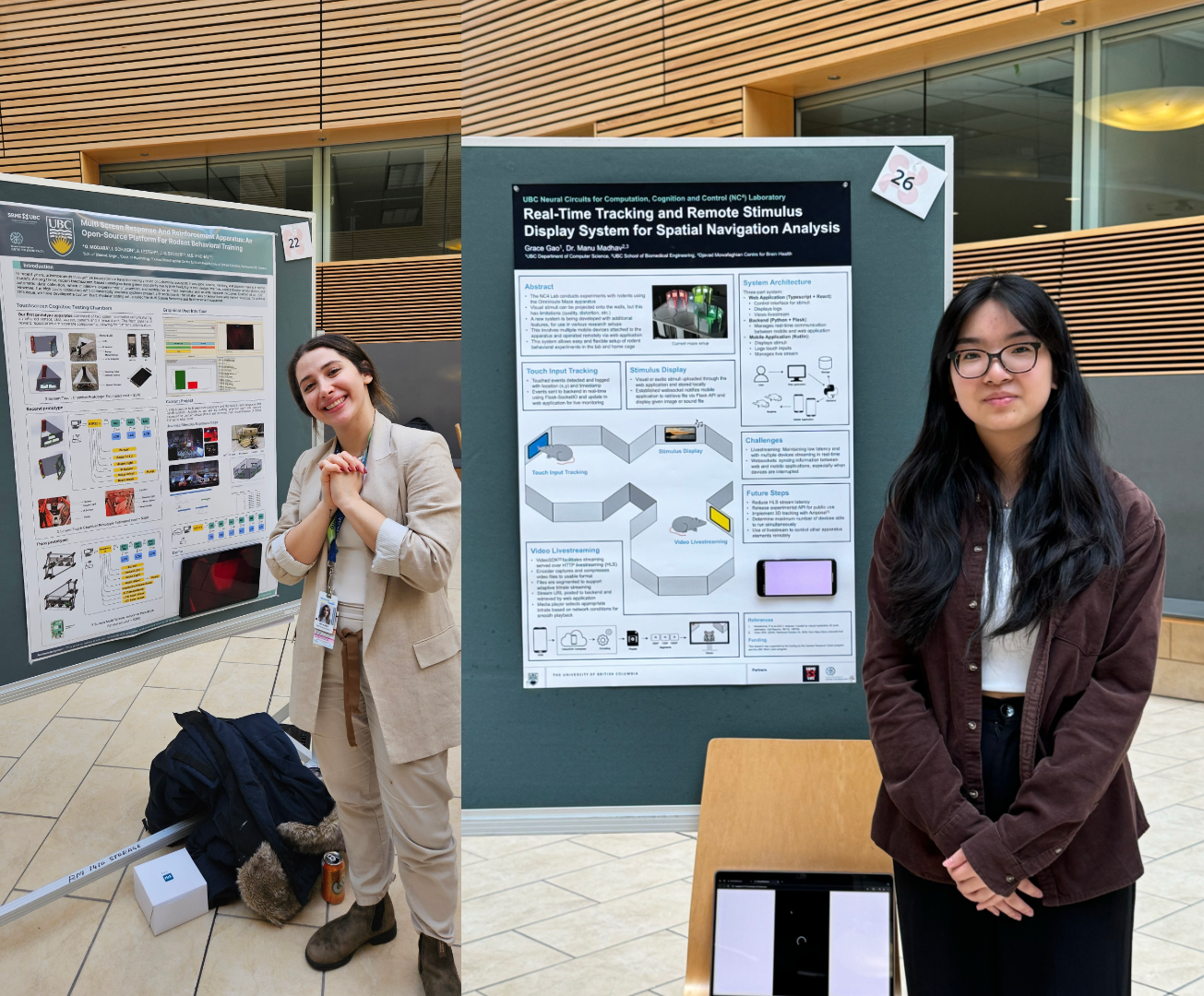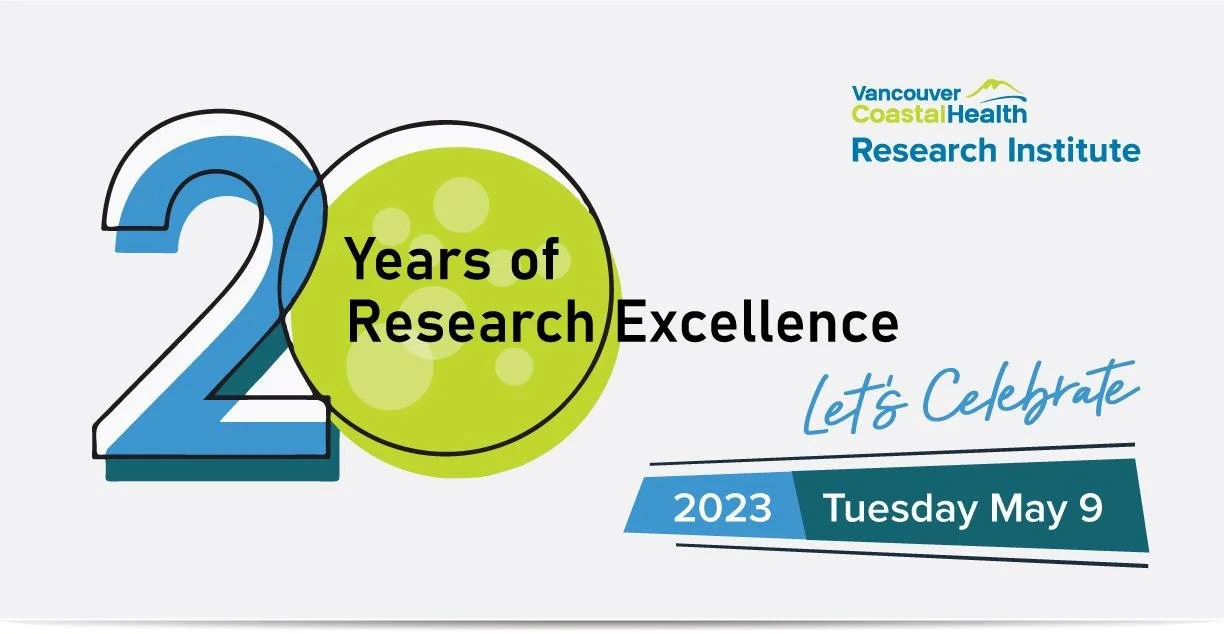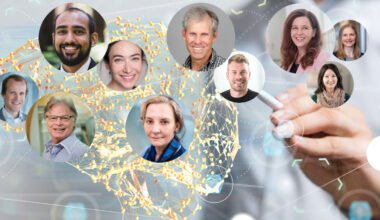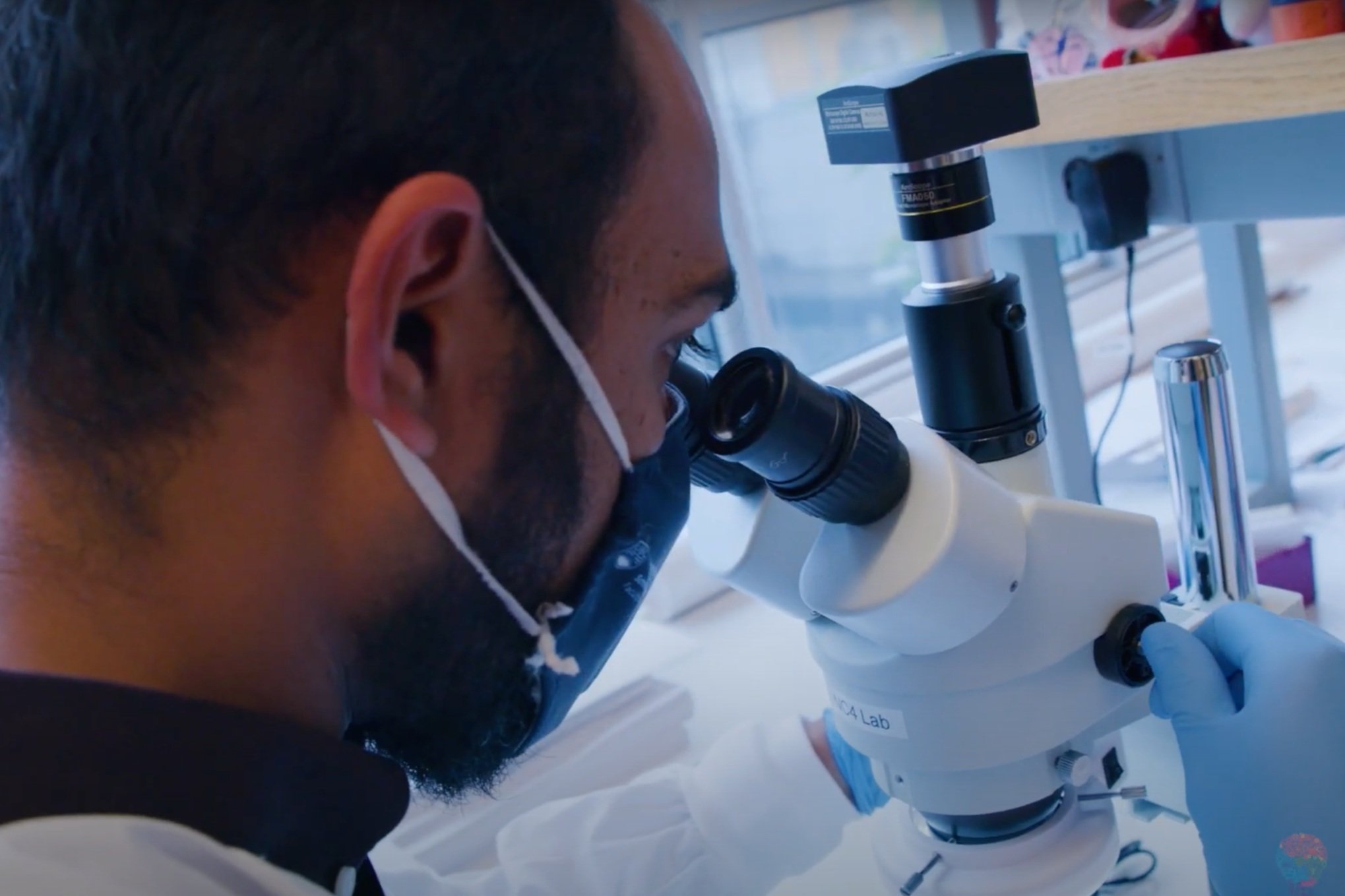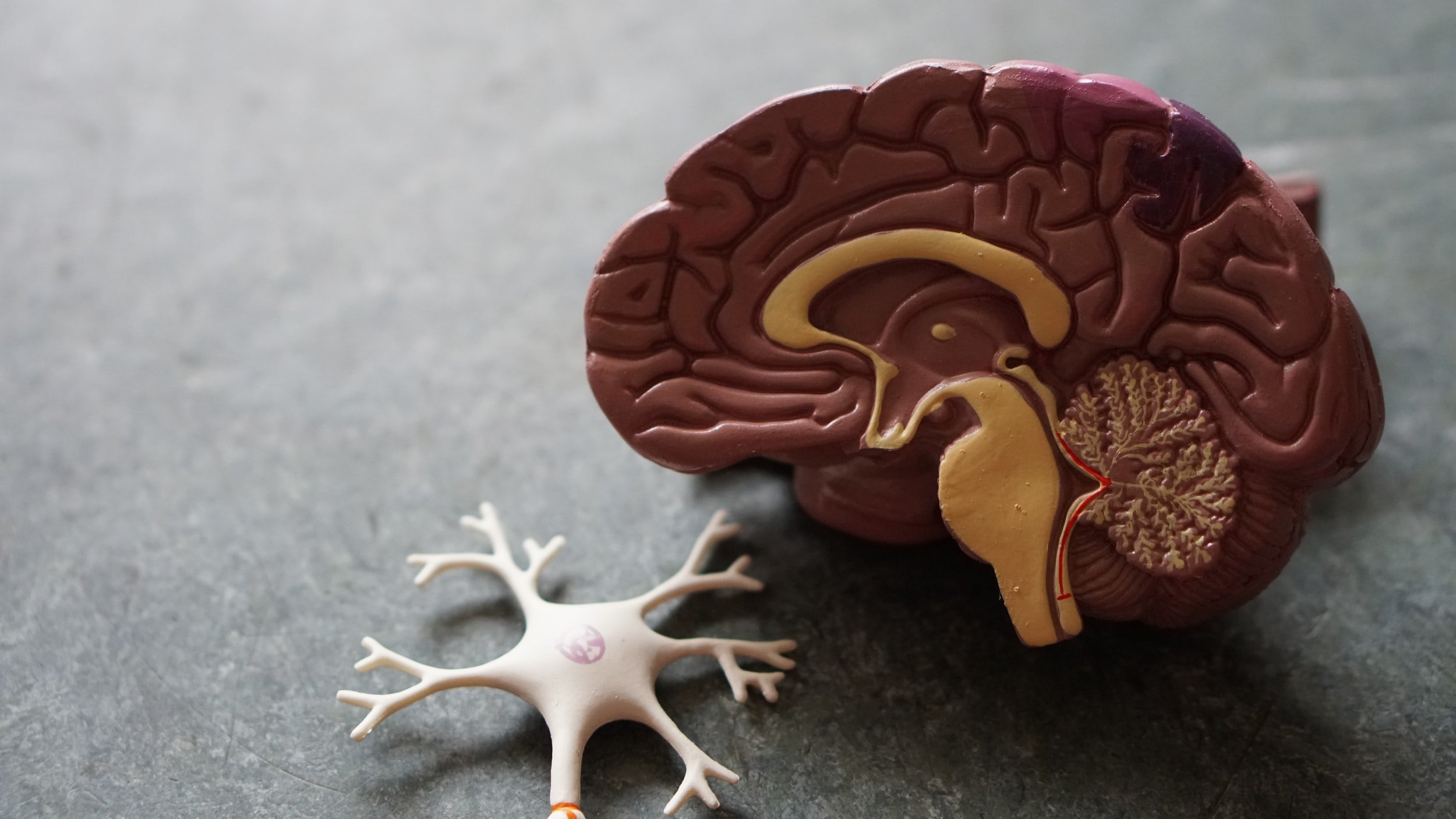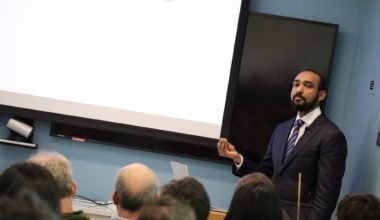
news
Michael Smith Health Research BC’s funding for 23 researchers through the 2023 Scholar competition will help develop, attract and retain BC’s best and brightest health researchers and support the advancement of world-class health research in the province.
NC4 PhD Candidate Afsoon Gharib Mombeini wins Best Trainee Talk at the 2023 SBME Symposium!
See the NC4 Lab featured on social media channels of the Djavad Mowafaghian Centre for Brain Health!
The NFRF supports world-leading interdisciplinary, transformative and rapid-response Canadian-led research.
Our project: Modeling the geometry and symmetry of cognitive maps was awarded in the 2022 exploration stream
January is Alzheimer Awareness Month, and thanks to continued funding from the Djavad Mowafaghian Centre for Brain Health’s Alzheimer Disease Research Grants, our researchers are able to continue investigating new ways to better diagnose and treat AD. See an update to our 2021 announced project here!
The International Society for Neuroethology promotes the study if the neural basis of behavior.
We are happy to announce the 2026 International Congress for Neuroethology will be held in Vancouver, British Columbia, Canada. The local organizing committee will consist of:
Doug Altshuler (chair)
Duncan Leitch
Ben Matthews
Manu Madhav
Kiran Soma
Testing geometric representation hypotheses from simulated place cell recordings
NC4 Lab Master’s Student Thibault Niederhauser presenting extended abstract at NeurIPS 2022
The BC Knowledge Development Fund (BCKDF) has awarded over $20 million for 78 research projects being led by researchers at the University of British Columbia (UBC). Follow this link to learn more about our lab’s project!
Jessica Jung is a fourth-year UBC School of Biomedical Engineering student who is working with Dr. Manu Madhav as part of the SBME Synergy Undergraduate Summer Research Program. We caught up with Jessica to learn more about her experience in the program.
Drs. Manu Madhav and Jeremy Seamans:
Decoding the neural basis of contextual action in navigation
Neural representations are the combined activity states of populations of neurons. Representations in various regions of the brain such as hippocampus and associational cortices can encode sensorimotor or cognitive variables such as space, time, attention, contexts or actions. This project will focus on navigation (i.e. “actions in context”) to investigate both how the hippocampal formation represents task-relevant variables and how the Anterior Cingulate Cortex (ACC) modulates the actions associated with these variables when faced with a continuously changing context. Dr. Madhav’s expertise in large experimental apparatuses and closed-loop behavioural and neural manipulation will be leveraged alongside Dr. Seamans’ expertise in cortical recordings and statistical ‘big-data’ analyses to quantify the role of the hippocampus and ACC.
Developing a Behavioural Biomarker for Alzheimer’s Disease Diagnosis
Research team: Drs. Manu Madhav and Thalia Field
Project description: This research team is looking to determine navigational deficits associated with Alzheimer’s disease, an early marker of the disease. Human and animal models will take part in a physical maze that will become increasingly complex. The researchers will determine when study participants’ navigation capabilities become impaired, which would be the threshold at which brain dysfunction is evident. The end goal is to offer a diagnostic tool that can reliably detect the earliest signs of Alzheimer’s disease.
Biomedical engineer Manu Madhav wants to know how animals and humans navigate their surroundings. To learn more about this complex task, he leads the Neural Circuits for Computation, Cognition and Control Lab.
“We look at biological navigation, so we we look at how animals and humans navigate and how they create representations or maps in their brain, how they fuse information from their surroundings in order to create these maps, and how they use these maps in order to navigate their environment,” says Madhav, assistant professor of biomedical engineering at the University of British Columbia.
The Canada Research Chairs Program (CRCP) is designed to make Canada one of the top countries in scientific development by attracting a diverse cadre of world-class researchers. Dr. Madhav’s CRC is a sign of things to come as the CRC program broadens its research footprint at post-secondary institutions across Canada.
“Dr. Madhav’s CRC is a recognition of just how broad and impactful the SBME’s research mandate can be,” says SBME Director, Peter Zandstra. “Dr. Madhav is doing exciting work in the cognitive health spaces with technologies not normally equated with medicine. The coming years will be fascinating to watch as a Tier 2 CRC puts him in a wonderful position to build new and meaningful collaborations in pursuit of his work. It’s a very well-deserved honour.”
For this issue of Neuropsyched, I am pleased to highlight Dr. Manu Madhav, Assistant Professor with the School of Biomedical Engineering and the Djavad Mowafaghian Centre for Brain Health at UBC. An engineer turned neuroscientist, he and his team (the NC4 lab) employs an integrative, whole-animal approach to understand complex behavior and how it affects spatial navigation. A goal of his research is to determine how the brain computes and integrates information, with practical applications towards robotics and neurodegenerative disorders.
Immerse yourself into the future of medicine – where virtual reality headsets help doctors diagnose neurodegenerative diseases before symptoms appear, where engineered stem cells regenerate the body to treat disease and wearable motion sensors capture injuries as they occur in real life. This is biomedical engineering.
Biomedical engineering combines engineering and design principles with biology and medicine. Collaboration among diverse minds at the UBC School of Biomedical Engineering has the potential to yield massive leaps forward in how we prevent, manage and treat disease.
Hear from UBC experts Dr. Calvin Kuo, Dr. Manu Madhav and Dr. Nika Shakiba about how the School of Biomedical Engineering is building a bold and boundless community of collaboration, research and clinical expertise fueled by patient experience to bring interdisciplinary, tailor-made medical solutions to patients faster and make them available to everyone. Dr. Peter Zandstra, Director of the School of Biomedical Engineering, will introduce the webinar topic.
Have you ever found yourself not being able to find your car in the big parking lot? Or are you someone who always knows perfectly where they are and how to get everywhere? Some people seem to know their way, even in places they've never been to before, while others get lost all the time. I was curious to find out more about how and why people get lost, because I’m really good at it.
I got lost in my neighborhood, not just once but twice.
Dr. Manu Madhav joined the Djavad Mowafaghian Centre for Brain Health this week, in a joint recruitment between the Centre and the School of Biomedical Engineering! Dr. Madhav is originally from Kerala, India and moved to the United States in 2008 to do his Master’s in Mechanical Engineering at Johns Hopkins University. He went on to do his Ph.D. in this same field and most recently worked as an Assistant Research Scientist under the mentorship of Drs. James Knierim and Noah Cowan.
The UBC School of Biomedical Medical Engineering (SBME) and the Djavad Mowafaghian Centre for Brain Health (DMCBH) are excited to announce the recruitment of Dr. Manu Madhav.
As both a Core Member of the DMCBH and a Faculty Member in the SBME, Dr. Madhav will lead and encourage cross-disciplinary collaboration between scientists and research initiatives housed in these two units.


